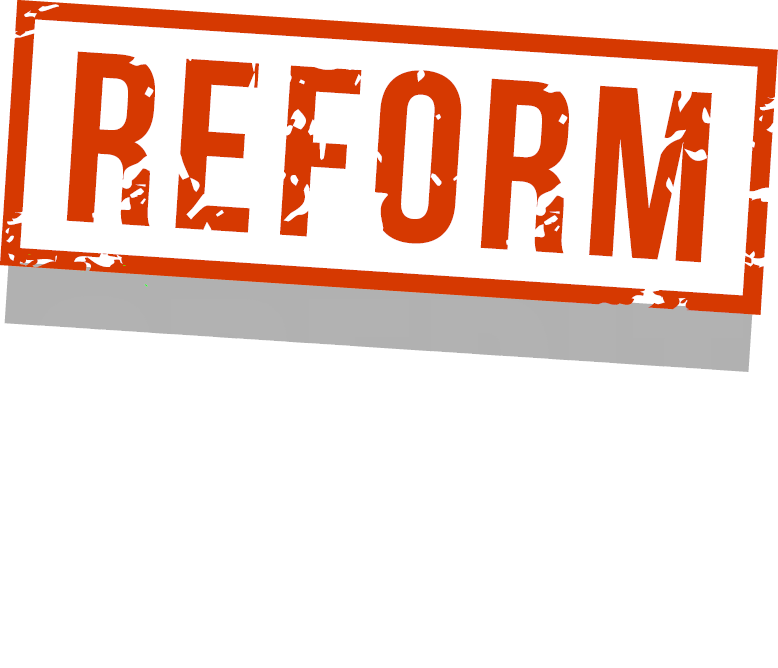news
- October 4, 2023
America’s $2.2 trillion credit union industry, which enjoys a free federal tax ride and minimal oversight, is busy this fall in a coordinated lobbying blitz in Washington and across state capitals to further dilute its already dubious membership requirements.
